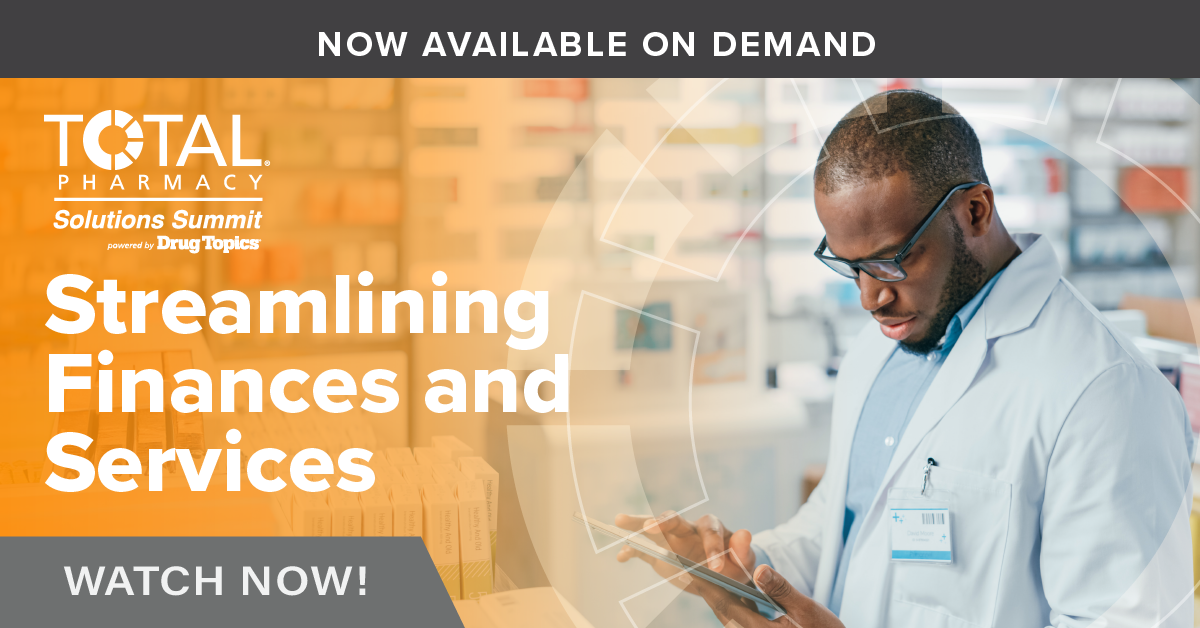
Elevate and Thrive: Increasing Pharmacy Profits with MTM and Patient Engagements Solutions

Lauren Adair, PharmD, director of network enablement at Outcomes, discussed developments in the expanding role of pharmacists amidst rising health care costs.
Health care costs are continuing to soar, and medication misuse and nonadherence are major contributors. However, a large gap exists between what pharmacists are doing to mitigate this rise and how pharmacists’ roles can expand to address this rise further.
“The health care industry, right now, needs for pharmacists to work at the top of their license to support consumer expectations, address clinician shortages, and align with health care’s march toward providing greater value,” said Lauren Adair, PharmD, director of network enablement at Outcomes, in a session at the Total Pharmacy Solutions Summit Summer 2024, held July 13. Medication therapy management and increased patient engagement services are essential to this transformation.
In a survey conducted by Outcomes, 86% of consumers are interested in learning more about enhanced services in the pharmacy. According to Adair, this number not only “underscores the patient trust in pharmacists, and the greater impact that pharmacists can have on patients, but also [the] untapped potential for pharmacists to continue boosting their revenue by providing more clinical services.”
Adair shared the direct impact of these services on the financial landscape of the pharmacy. A Community Health Group assessment revealed that patients who received a comprehensive medical review saved an average of $4000 in medical expenses the following year, representing a 16.7% cost differential. Another body of research found that when a pharmacist completed a medication intervention—whether that be a refill, adherence check-in, providing an extended day supply, or other—patients were 75% more likely to refill their medication.
And beyond the patient, completing engagement services such as MTM allow pharmacists to demonstrate their value to payers. This increased recognition can lead to expanded opportunities and reimbursement for a wider range of pharmacy services. The overwhelming patient interest in enhanced pharmacy services, coupled with concrete evidence of cost reduction through pharmacist interventions, underscores the vast opportunities for the health care professionals to improve patient outcomes and deliver cost-effective care.
Newsletter
Pharmacy practice is always changing. Stay ahead of the curve with the Drug Topics newsletter and get the latest drug information, industry trends, and patient care tips.























